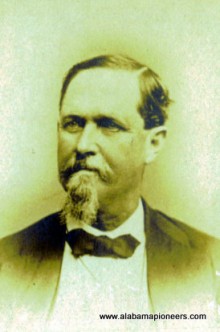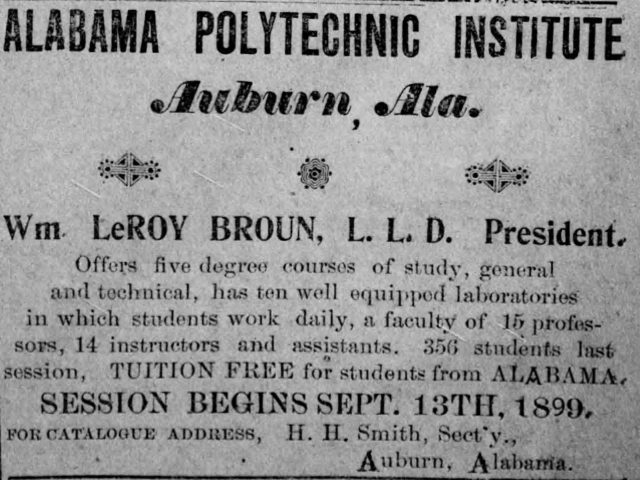This content is available exclusively to members of Alabama Pioneers Patrons's Patreon at the time of posting. Become a patron at $2%%currency_sign_fbehind%% or more to get exclusive content like this in the future.
Already a qualifying Patreon member? Refresh to access this content.



 Unlock with Patreon
Unlock with Patreon

